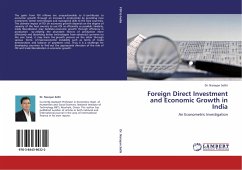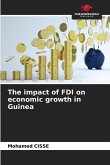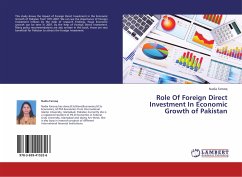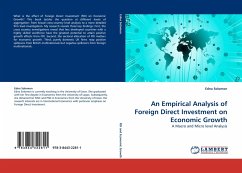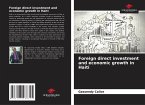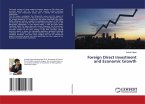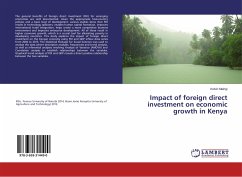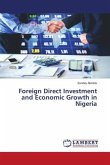The gains from FDI inflows are unquestionable as it contributes to economic growth through an increase in productivity by providing new investment, better technologies and managerial skills to the host countries. The ultimate impact of FDI on economic growth depends on the degree of capacity of the host country to use FDI as efficiently as possible. Similarly, trade liberalization may facilitate economic growth through efficiency in production by utilizing the abundant factors of production more effectively and absorbing better technologies from advanced countries on the one hand, it may harm the growth process on the other through various forms of macroeconomic instability such as terms of trade deterioration and balance of payments crisis. Thus, it is a challenge for developing countries to find out the appropriate direction of the role of FDI and trade liberalization in economic growth.
Bitte wählen Sie Ihr Anliegen aus.
Rechnungen
Retourenschein anfordern
Bestellstatus
Storno

